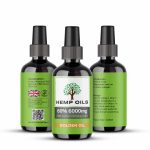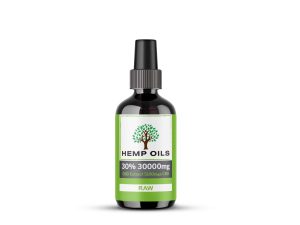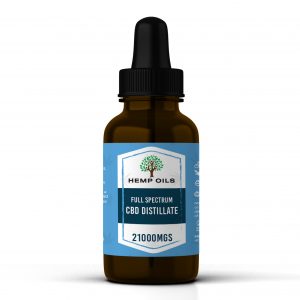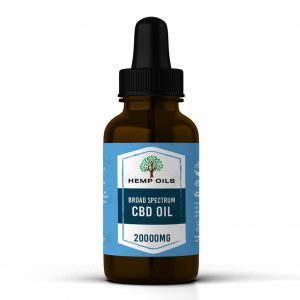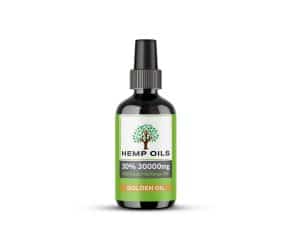Introduction to Hemp Oil Processing ===
Hemp oil, derived from the seeds of the hemp plant, has gained immense popularity in recent years due to its various health benefits. With its rich nutritional profile, including essential fatty acids and antioxidants, hemp oil has become a sought-after product in the wellness industry. However, the process of extracting hemp oil can be complex. In this article, we will guide you through the step-by-step process of extracting, purifying, refining, and packaging high-quality hemp oil.
=== Step-by-Step Guide: Extracting Hemp Oil ===
-
Harvesting: The first step in the hemp oil processing is the careful harvesting of mature hemp plants. It is crucial to ensure that the plants have reached their peak ripeness to obtain the maximum oil yield.
-
Drying: After harvesting, the hemp plants need to be properly dried. This can be done by hanging the plants upside down in a well-ventilated area. This step prevents the growth of mold and mildew, ensuring the quality of the hemp oil.
-
Grinding: Once the hemp plants are fully dried, they need to be ground into a fine powder. This can be achieved using a grinder or a mill. Grinding the dried hemp plants increases the surface area, facilitating the extraction process.
-
Extraction: The ground hemp powder is then subjected to a process called extraction. There are various methods of extraction, such as cold pressing, solvent extraction, and CO2 extraction. Each method has its advantages and yields different qualities of hemp oil.
-
Filtration: After the extraction process, the hemp oil needs to be filtered to remove any impurities and plant matter. This can be done using filter paper or a filtration system. Filtration ensures that the final product is pure and free from any unwanted particles.
-
Decarboxylation: Depending on the intended use of the hemp oil, decarboxylation may be necessary. This process involves heating the oil at a specific temperature to activate the cannabinoids present in the oil. Decarboxylation enhances the oil’s potency and effectiveness.
=== Purifying and Refining Hemp Oil ===
-
Winterization: To further purify the hemp oil, winterization is often employed. This process involves cooling the oil and then filtering out any waxes, lipids, or other unwanted compounds. Winterization enhances the clarity and purity of the hemp oil.
-
Distillation: Distillation is another crucial step in refining hemp oil. The oil is heated to a specific temperature, causing the different compounds to vaporize and separate. This process allows for the removal of any remaining impurities and ensures a high-quality final product.
-
Deodorization: In some cases, hemp oil may have a strong, undesirable odor. Deodorization is an optional step that involves treating the oil with steam to remove any unpleasant smells. This improves the overall sensory experience of the hemp oil.
=== Packaging and Storage of High-Quality Hemp Oil ===
-
Choosing the Right Containers: High-quality hemp oil should be stored in dark, glass containers. This helps to protect the oil from light, heat, and air exposure, which can degrade its quality over time. Plastic containers should be avoided as they can interact with the oil and affect its composition.
-
Proper Labeling: Each container of hemp oil should be properly labeled with the product’s name, extraction date, and any relevant information, such as the CBD or THC content. Clear and accurate labeling ensures transparency and helps consumers make informed choices.
-
Storage Conditions: Hemp oil should be stored in a cool, dry place away from direct sunlight. Exposure to heat and light can lead to the degradation of the oil and a decrease in its potency. Refrigeration can also be beneficial in extending the shelf life of hemp oil.
-
Shelf Life: While the shelf life of hemp oil can vary depending on various factors, it is generally recommended to use the oil within one to two years of its extraction date. Regularly checking the oil for any signs of rancidity or spoilage is essential to ensure its quality.
===OUTRO:===
Processing hemp oil requires careful attention to detail and adherence to strict guidelines to produce a high-quality product. By following the step-by-step guide for extracting, purifying, refining, and packaging hemp oil, producers can ensure that their customers receive a premium and potent hemp oil. With proper storage and handling, consumers can enjoy the numerous health benefits that hemp oil offers.
